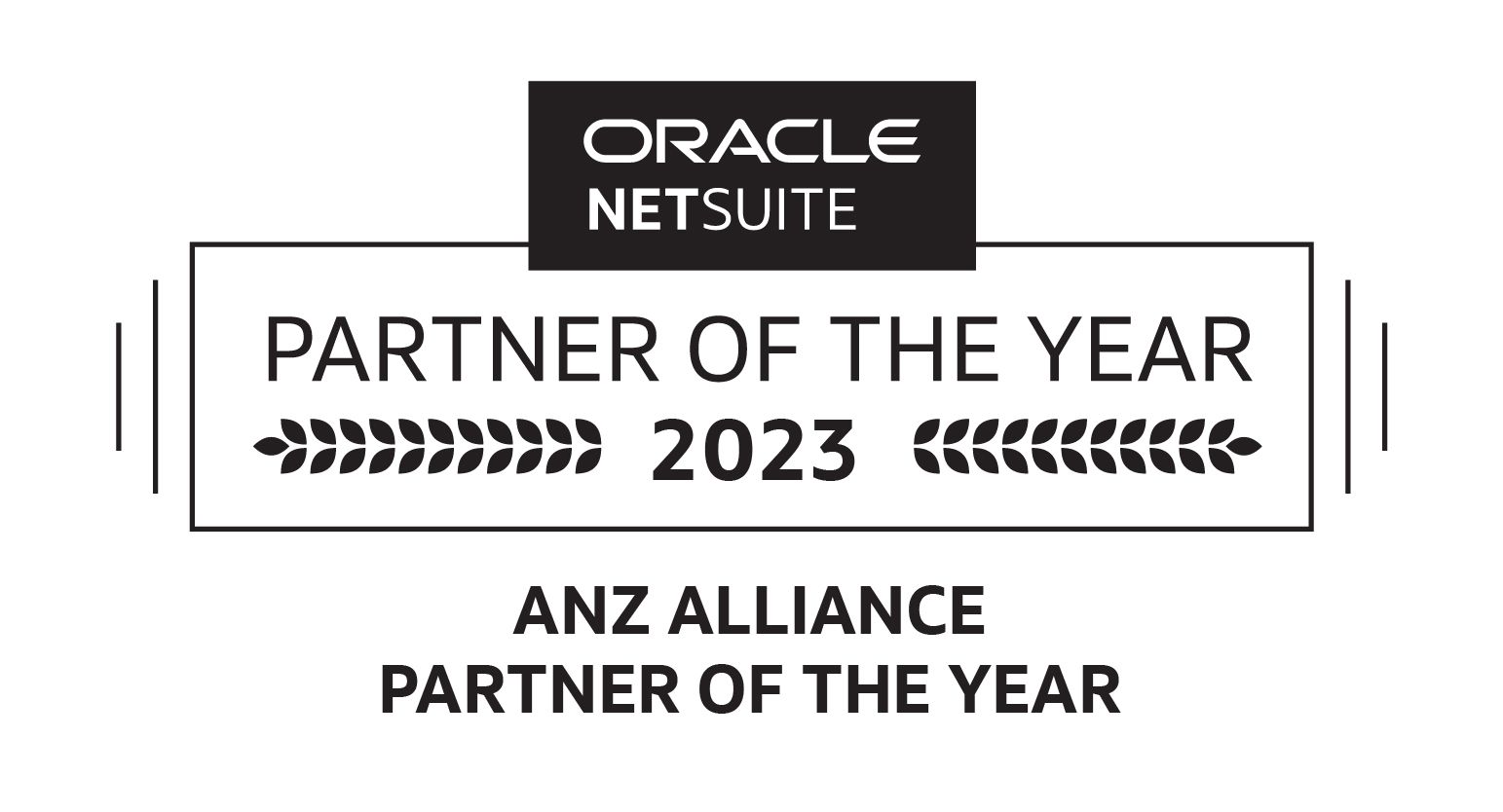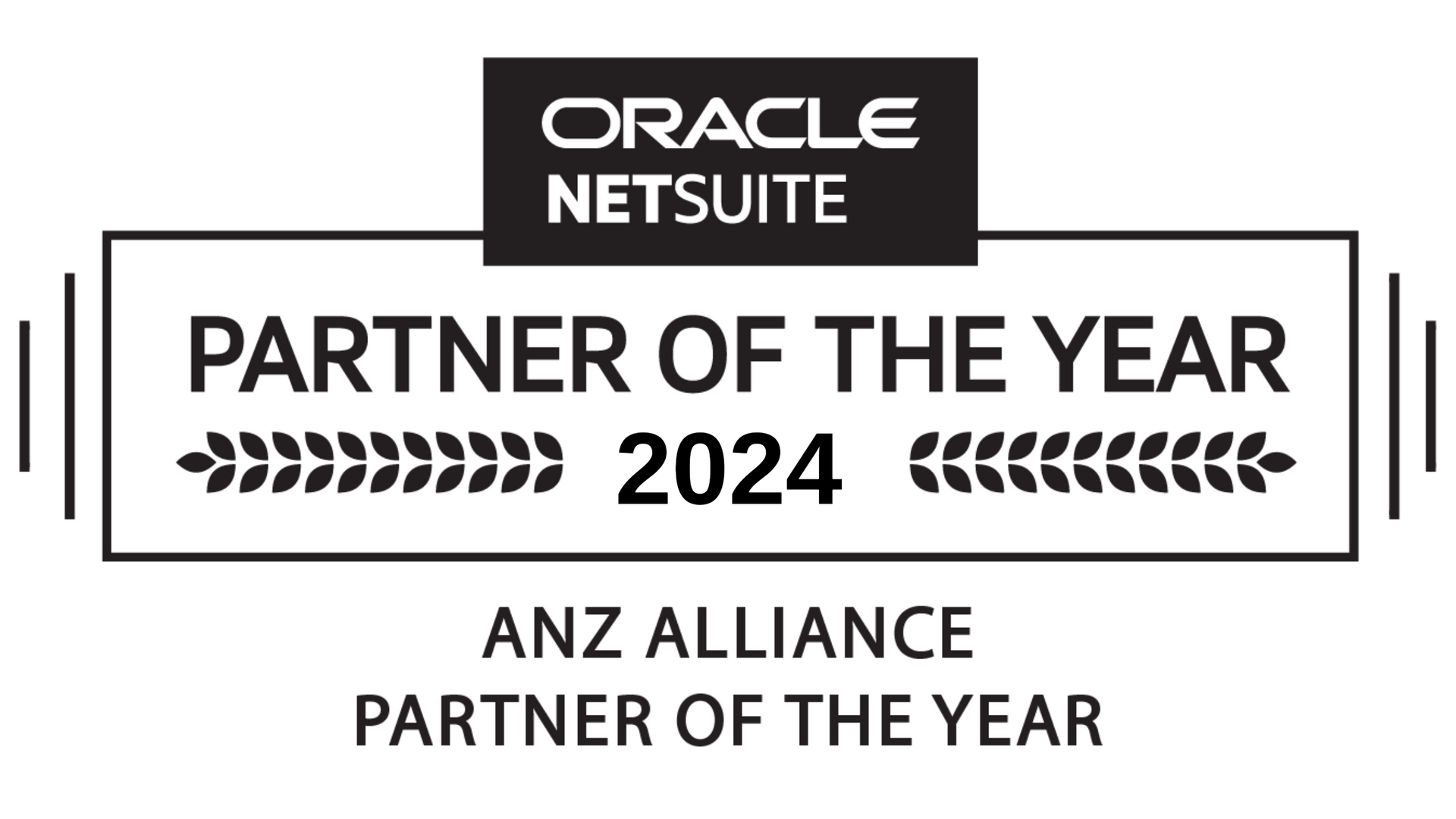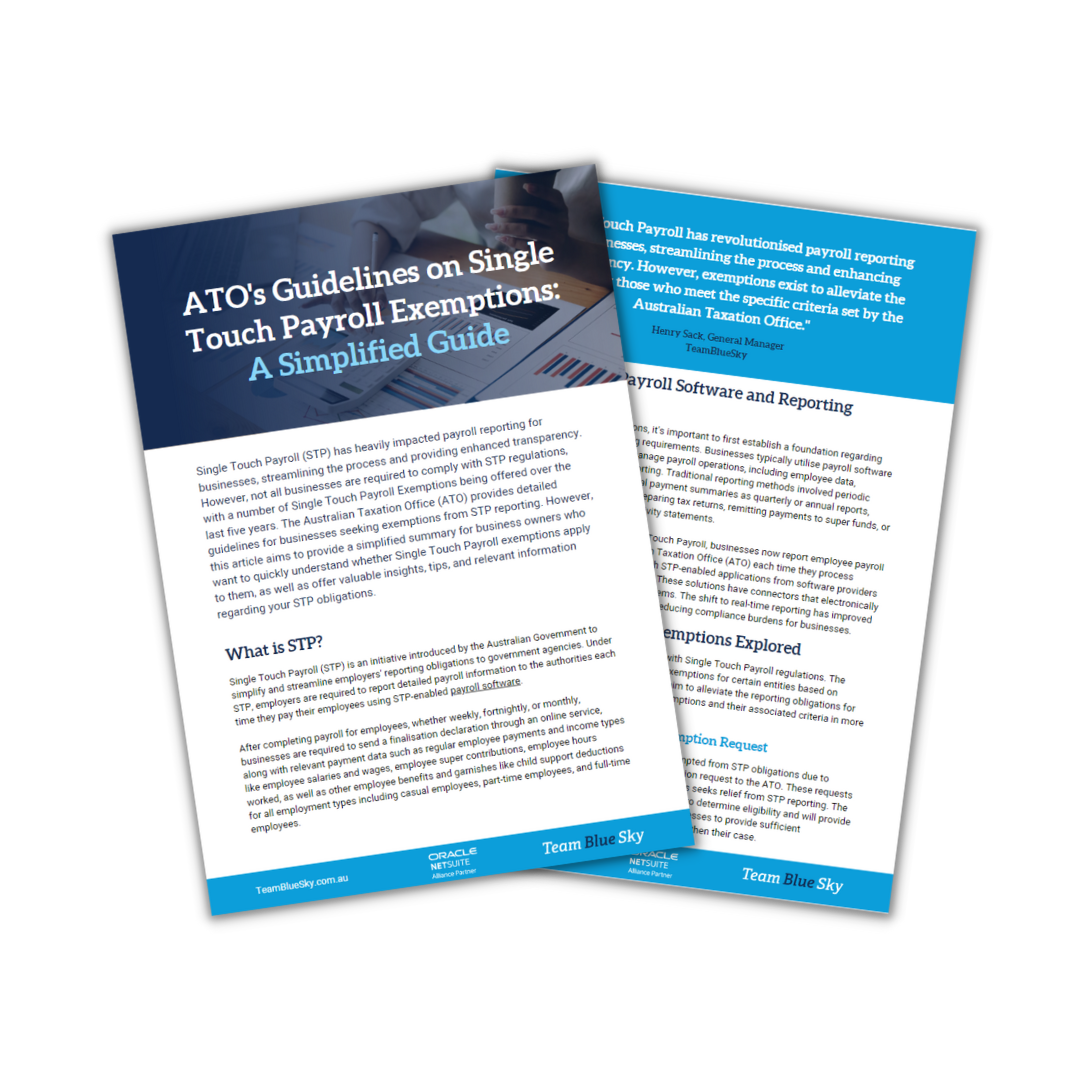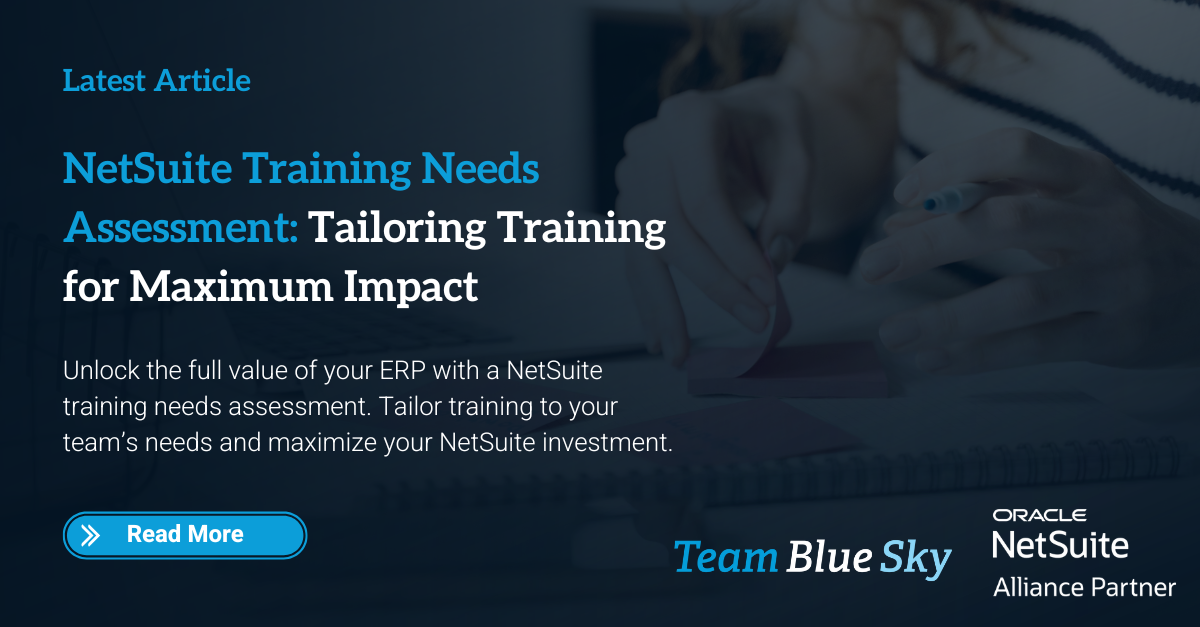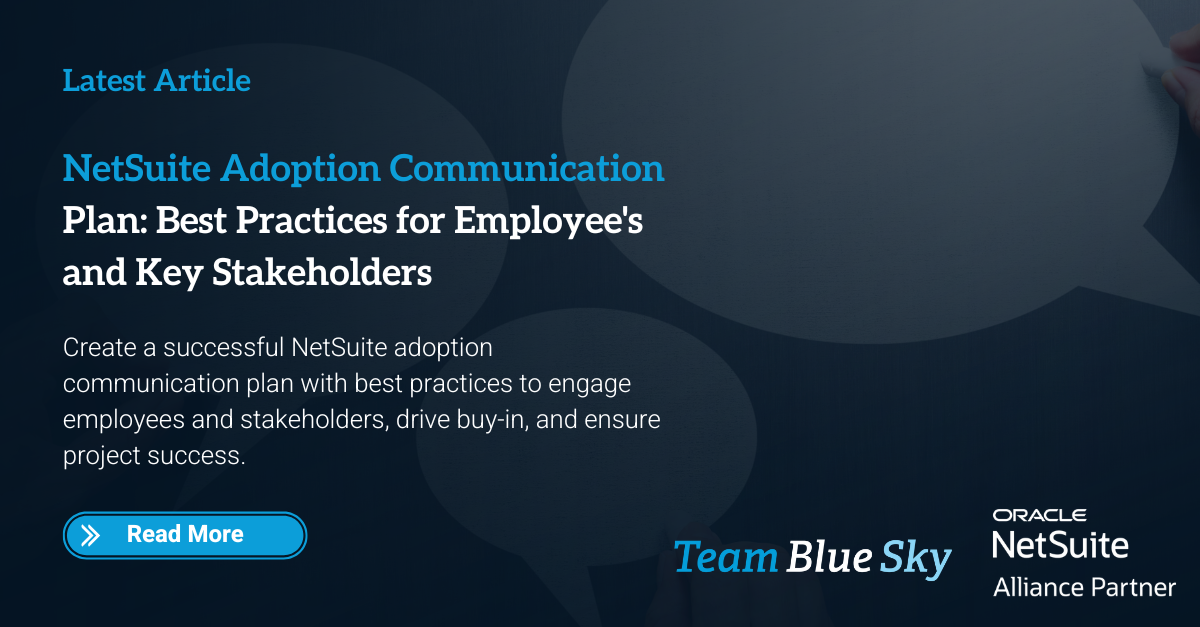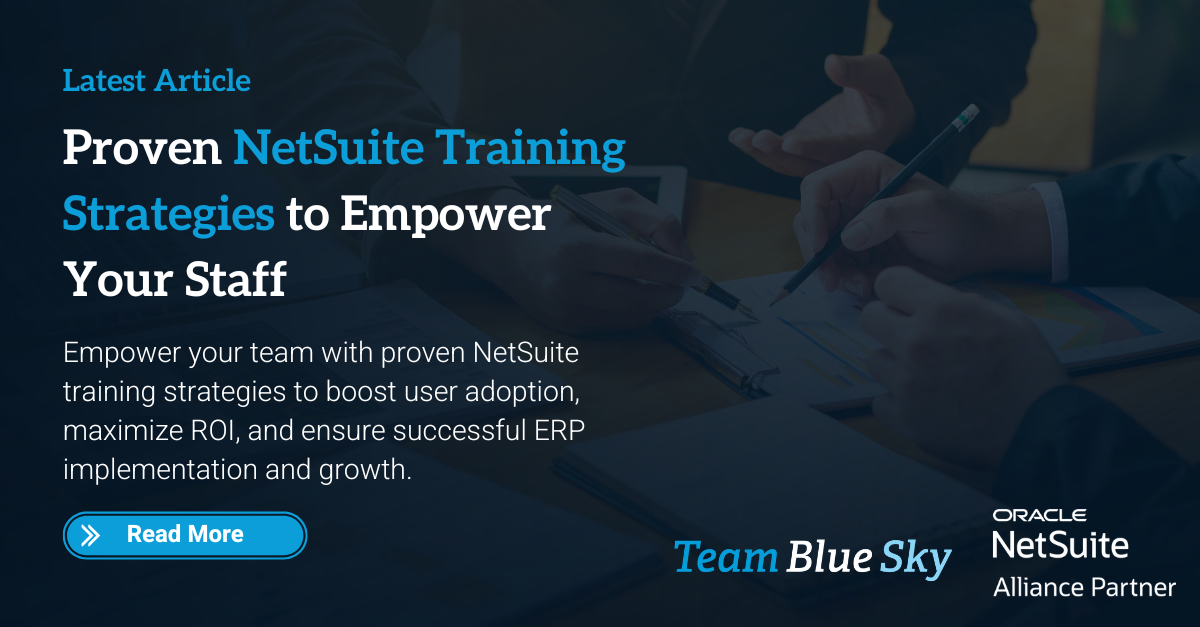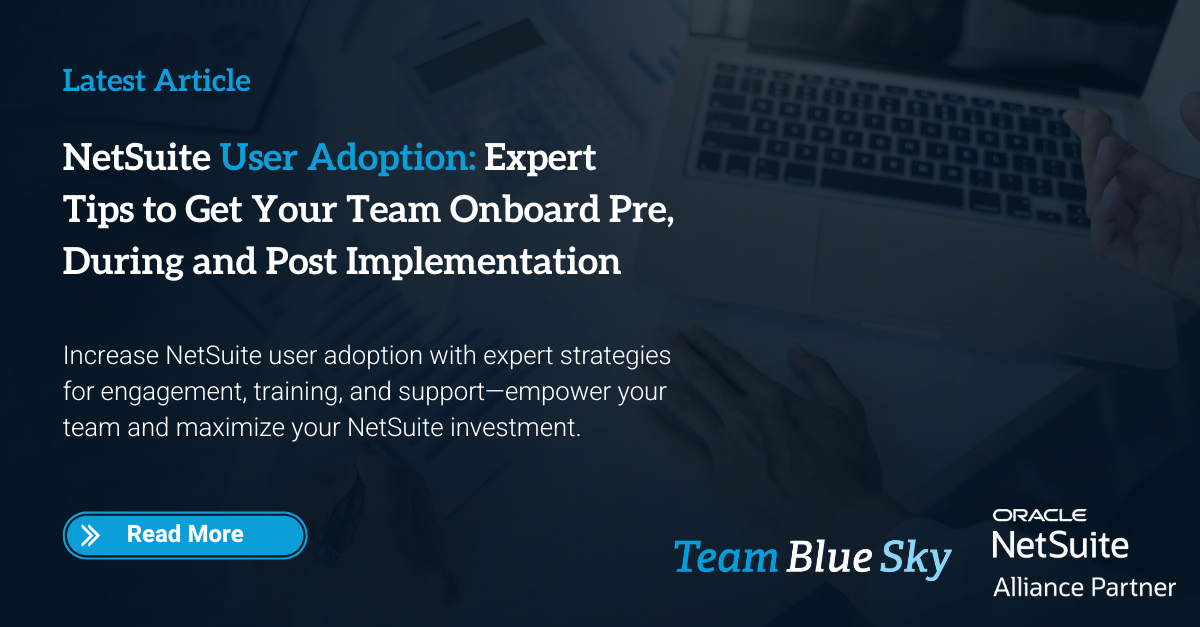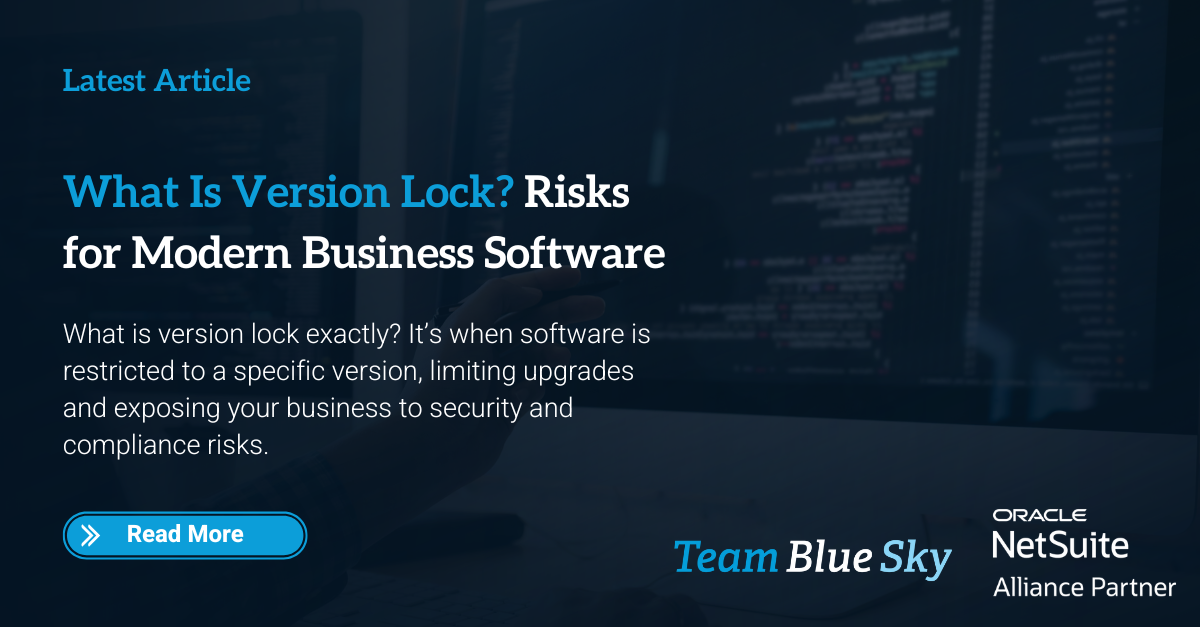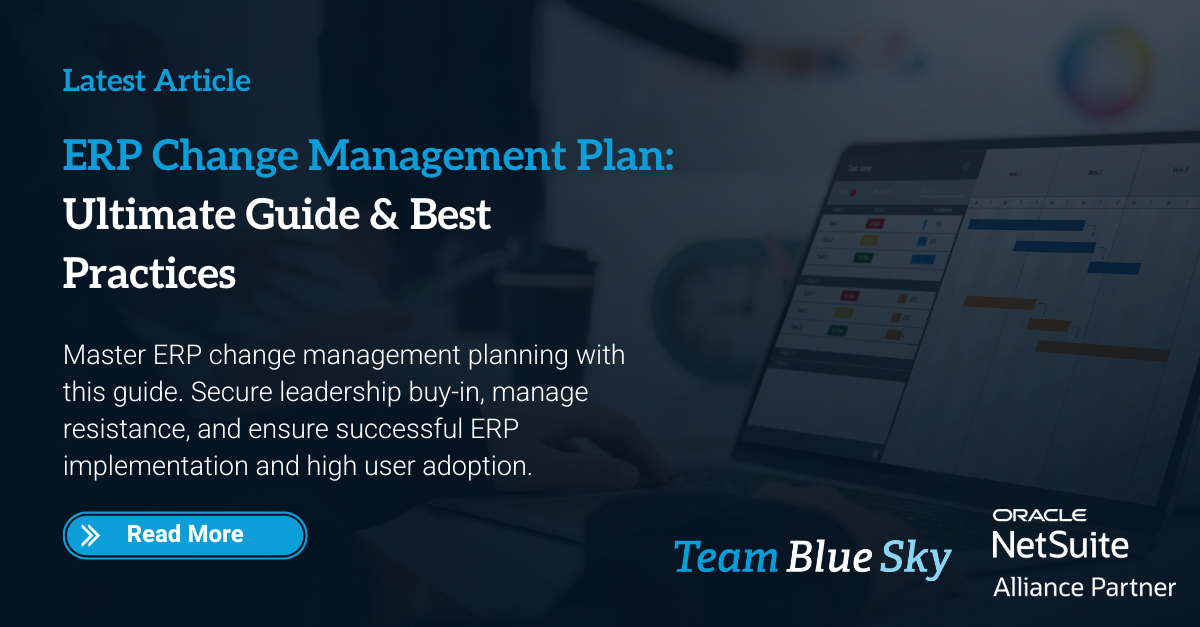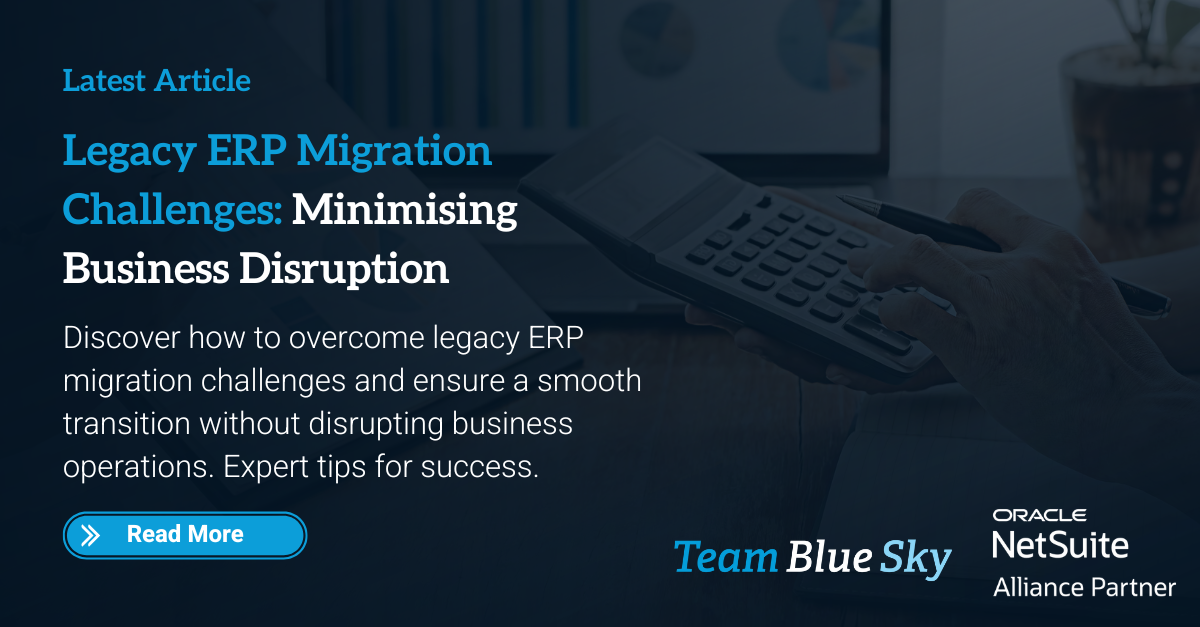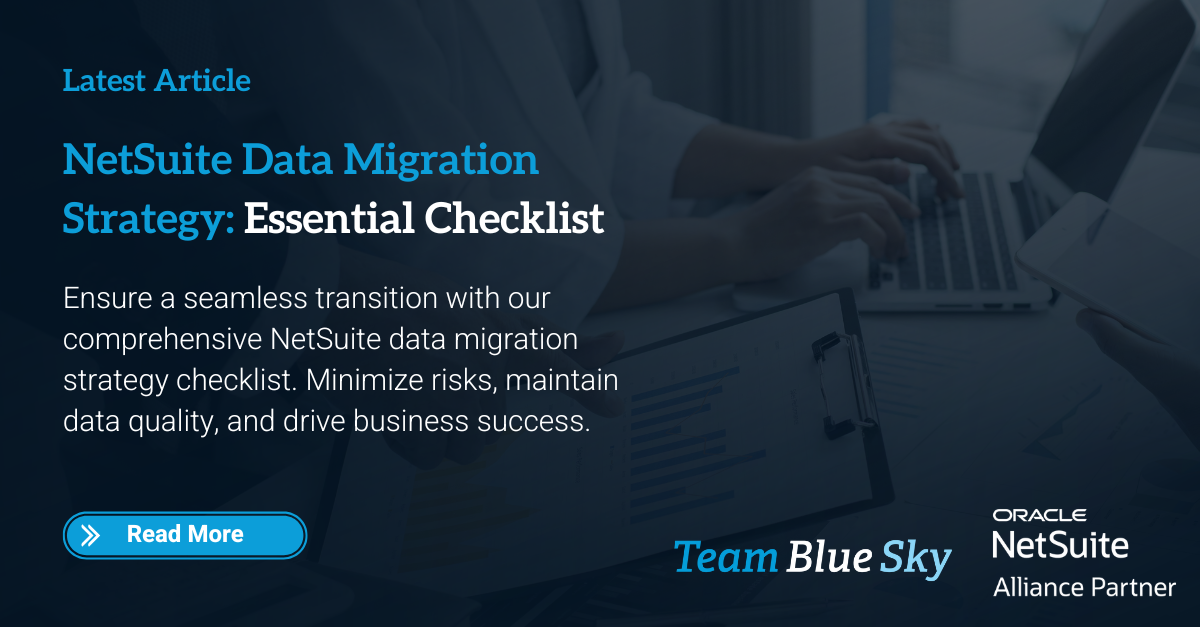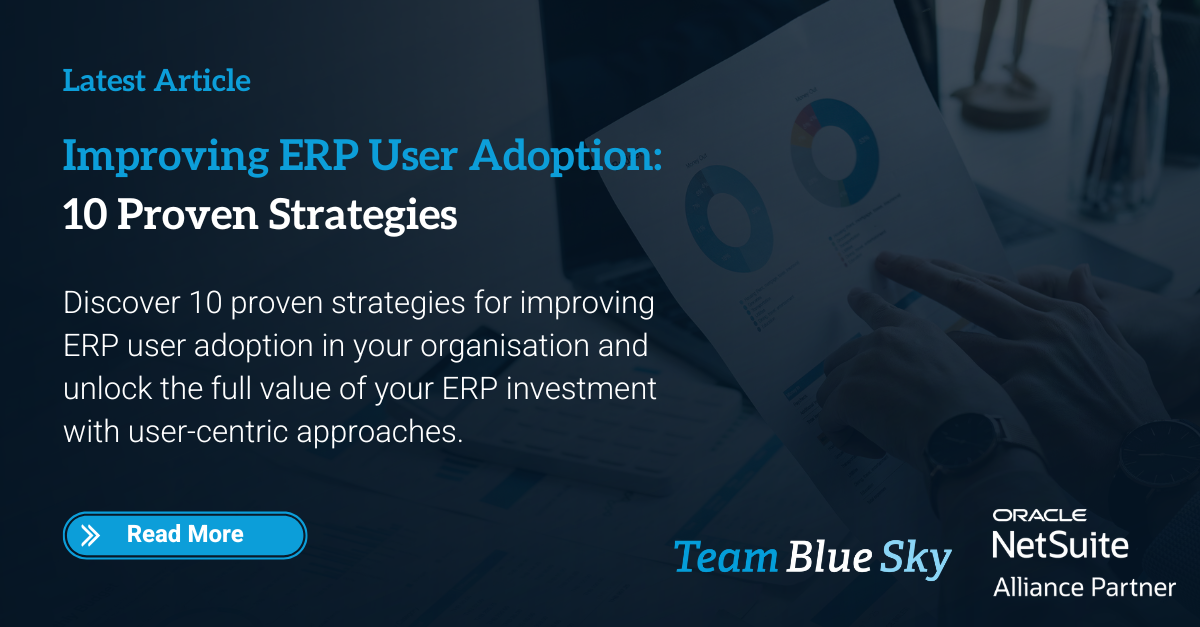ATO's Guidelines on Single Touch Payroll Exemptions: A Simplified Guide
Single Touch Payroll (STP) has heavily impacted payroll reporting for businesses, streamlining the process and providing enhanced transparency. However, not all businesses are required to comply with STP regulations, with a number of Single Touch Payroll Exemptions being offered over the last five years. The Australian Taxation Office (ATO) provides detailed guidelines for businesses seeking exemptions from STP reporting. However, this article aims to provide a simplified summary for business owners who want to quickly understand whether Single Touch Payroll exemptions apply to them, as well as offer valuable insights, tips, and relevant information regarding your STP obligations.
What is STP?
Single Touch Payroll (STP) is an initiative introduced by the Australian Government to simplify and streamline employers' reporting obligations to government agencies. Under STP, employers are required to report detailed payroll information to the authorities each time they pay their employees using STP-enabled
payroll software.
With the implementation of Single Touch Payroll, businesses now report employee payroll information directly to the Australian Taxation Office (ATO) each time they process payroll. This reporting is done through STP-enabled applications from software providers like Infinet Cloud Payroll for NetSuite. These solutions have connectors that electronically transmit payroll data to the ATO's systems. The shift to real-time reporting has improved data accuracy and transparency while reducing compliance burdens for businesses.
Single Touch Payroll Exemptions Explored
Not all businesses are required to comply with Single Touch Payroll regulations. The Australian Taxation Office (ATO) provides exemptions for certain entities based on specific circumstances. These exemptions aim to alleviate the reporting obligations for eligible businesses. Let's explore the key exemptions and their associated criteria in more detail.
Businesses with an Approved Exemption Request
Relevant entities that believe they should be exempted from STP obligations due to exceptional circumstances can submit an exemption request to the ATO. These requests should clearly outline the reasons why the business seeks relief from STP reporting. The ATO evaluates each request on an individual basis to determine eligibility and will provide documentation, including a . It is essential for businesses to provide sufficient justification and supporting documentation to strengthen their case.
STP Exemption for Certain Types of Entities
The ATO recognises that certain entities, such as family businesses, have unique characteristics that may warrant exemptions from STP reporting obligations. To qualify for these exemptions, businesses need to meet specific criteria defined by the ATO. These criteria may consider factors like the structure of the business, the involvement of family members, and the nature of operations. Exemptions for family businesses acknowledge the distinct dynamics and complexities they face in managing payroll and reporting.
Businesses with Non-Closely Held Employees
In the context of Single Touch Payroll (STP), businesses were previously exempted from disclosing payment information for non-closely held employees. Non-Closely held employees referred to individuals with a close relationship to the entity from which they received payments. This included payments to family members of a family business, directors fees, non-executive company directors of a company, and payments like dividends to shareholders or other beneficiaries. This also included payments to independent contractors.
Under this relief, businesses were not required to report specific payment details for these non-closely held employees. However, it's important to note that this exemption has been removed starting from the 2022 financial year and beyond. Therefore, businesses are now expected to include payment information for all employees, both non-arms length payments and payments to closely held employees, in their STP reporting.
Exemptions for Micro Employers businesses
Micro employers, which for STP considerations are described as businesses with a small number of employees (1-4 employees), may be eligible for exemptions to simplify their reporting requirements. These exemptions take into account the limited resources and capacity of micro employers to comply with full-scale STP reporting. The aim is to provide relief from the administrative burden associated with real-time reporting. However, it is important for micro employers to confirm their eligibility and ensure they meet any alternative reporting obligations specified by the ATO.
Business Who Can Prove Compliance Burden
While exemptions can provide relief from certain aspects of STP reporting, businesses must remain diligent in meeting their overall compliance obligations. Exempted entities still need to comply with reporting requirements for Payment Summary Annual Reports, tax returns, and business activity statements. It is crucial for businesses to accurately and promptly submit the necessary reports and fulfil their tax-related responsibilities. Compliance with other legislative requirements, such as superannuation contributions and PAYG withholding obligations, must also be maintained.
Benefits of Single Touch Payroll Exemptions for Businesses
Obtaining an exemption from the ATO for Single Touch Payroll reporting can offer several benefits to eligible businesses:
Simplified Administration
One of the key advantages of STP exemptions is the reduction in administrative burdens associated with real-time reporting. Exempted businesses are relieved from the requirement of reporting payroll information with each pay run. Instead, they can adopt alternative methods of reporting, such as periodic submissions of relevant reports along with their Business Income Tax Return. This simplifies payroll administration and allows businesses to allocate their resources and time to core operational activities.
Cost Savings
Another significant benefit of STP exemptions is cost savings for businesses. By being exempt from STP reporting, businesses can avoid the costs associated with implementing and maintaining STP-enabled software solutions. These savings can be particularly valuable for small businesses that may have limited financial resources. The exemption eliminates the need for investing in software upgrades or subscriptions, reducing ongoing expenses related to STP reporting activities. It allows businesses to allocate their financial resources to other critical areas of operation.
Compliance Flexibility
Exemptions provide businesses with flexibility in how they maintain compliance. This flexibility allows businesses to customise their reporting processes according to their specific circumstances without compromising compliance requirements. It provides an opportunity to tailor reporting practices to suit the individual needs and capabilities of the business, ensuring efficient and accurate reporting.
In Summary
The ATO provides exemptions from Single Touch Payroll reporting for eligible businesses, offering a range of benefits that include simplified administration, cost savings, compliance flexibility, streamlined processes for unique situations, and relief from data management complexities.
However, exempted entities must still comply with all other applicable reporting requirements. Businesses should ensure they accurately assess their eligibility and understand the obligations associated with obtaining an exemption to ensure compliance with all applicable laws.
If you are exempt, enlisting the help of preferably a registered tax agent or outsourced payroll provider or will help you to prove you have provided a reasonable estimate of your actual payments at the time of your manual payroll reporting submission.

Henry Sack
General Manager

With over 12 years of experience as a NetSuite implementation consultant, Henry Sack leads TeamBlueSky’s team of NetSuite and accounting experts in his role of General Manager.
TeamBlueSky is a leading Australian
NetSuite Alliance Partner whose mission is to provide critical
NetSuite BPO and
Payroll services to NetSuite clients who are wanting to simplify their
back office processes and partner with a leading
NetSuite administration expert.
TeamBlueSky have also partnered with global Suite Developer Network partners to offer local solutioning, implementation and support services for global NetSuite SuiteApps.


